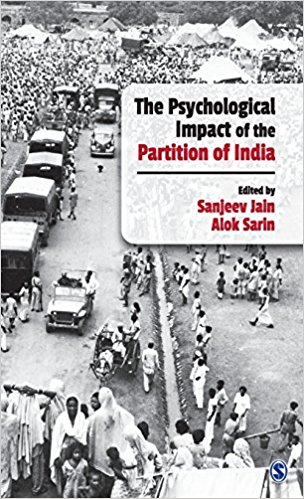The Partition of India in 1947 was supposed to forever settle the Hindu-Muslim question. Yet, pick up any newspaper today, turn on the television, browse the Internet, one aspect is clear: as a nation we have not learnt the lessons from the greatest tragedy of the subcontinent; we have not collectively dealt with either the trauma of the Partition or the psychosis its events have created in us. We now find ourselves in the thick of a narrative dominated by a kind of politics where the terms ‘Pakistan’, ‘anti-national’, ‘secular’, and so on have become curse words—ways of othering—ascribed to those who have a different view from the Right-Wing imagination about our nation.
Over the past seven decades writers, scholars, historians, film-makers, commentators, researchers, ordinary people through oral histories, have opened up the subject of Partition. However, since we know the Partition was not only about geography but also societies, cultures, the human mind, I have always wondered why the framework of acknowledgement has not included a core domain—psychiatry. Noted psychiatrists Dr Sanjeev Jain and Dr Alok Sarin have now published a collection of essays titled The Psychological Impact of the Partition of India to start ‘conversations both within and outside the field of psychiatry’.
In the foreword, the doyen of Indian psychiatry, whom we recently lost, Dr Narendra Nath Wig says: ‘It is now becoming clear that there is intergenerational transmission of trauma … the question also remains as to how it is best addressed. Should it be a primarily medical gaze or should the historical and sociological views inform the medical gaze?’ Jain and Sarin’s collection is an interdisciplinary work which Wig hopes, ‘inoculates us against a recurrence of the same pathology.’

